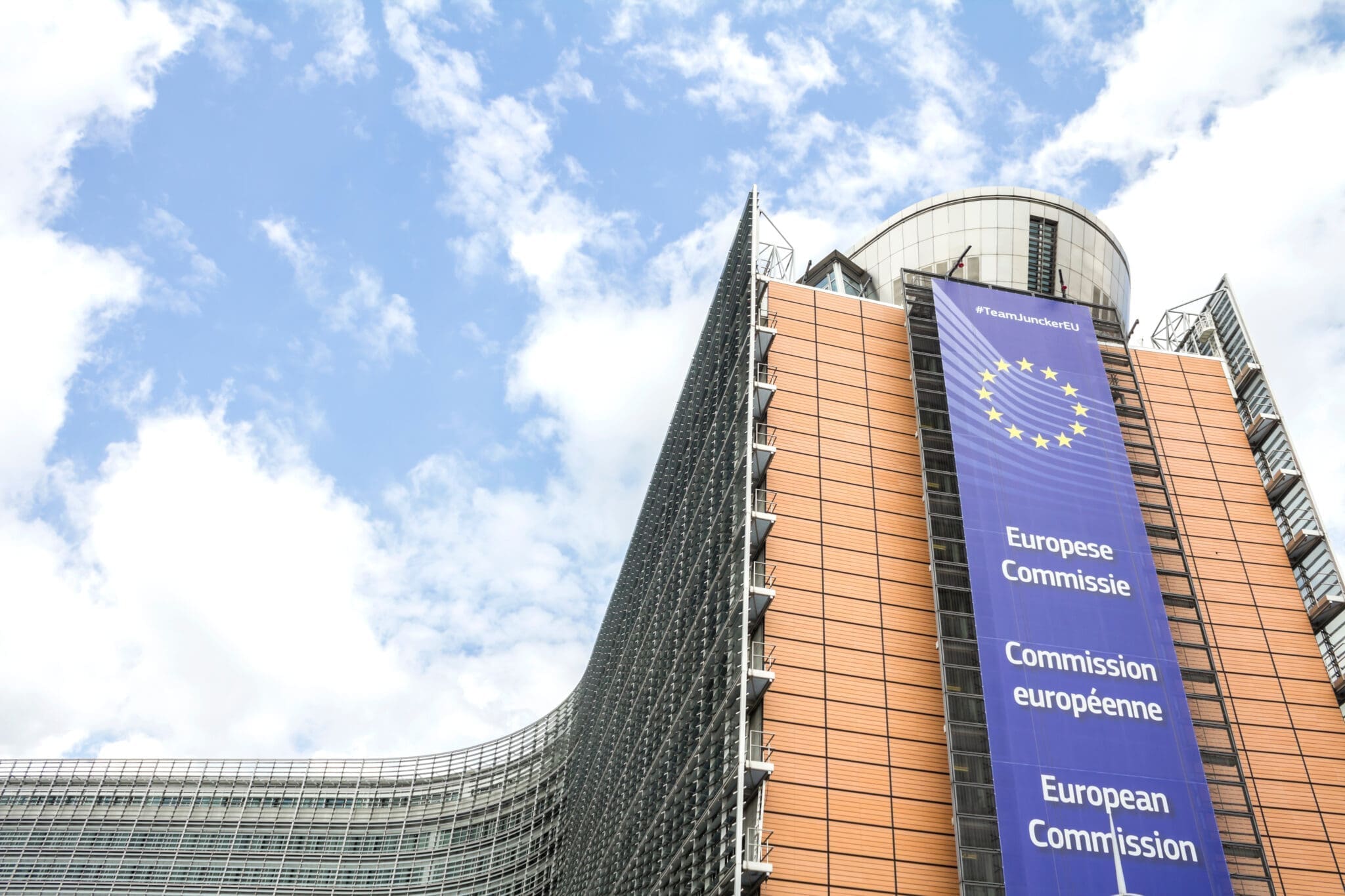The legislative landscape of sustainability-related regulations has continued to expand significantly in recent years. Across the globe, countries have sought to adopt legislation to increase transparency of due diligence processes, better standardise reporting and prevent unethical business practices.
Arguably, the European Union has been at the forefront of the adoption of legislation covering several interconnected elements including:
- Import: EU Deforestation Free Regulations (EUDR) and Carbon Border Adjustment Mechanism (CBAM).
- Due Diligence: Corporate Sustainability Due Diligence Directive (CDDDD)
- Reporting: Corporate Sustainability Reporting Directive (CSRD)
What are the requirements of all this new European import, due diligence and reporting-based legislation and what are the challenges businesses face when working towards achieving compliance?
EU Deforestation Free Regulations (EUDR)
Background
Scheduled for enforcement from December 2025, this import-based regulation has the primary objective of ensuring specific commodities entering the EU market do not originate from land that has been deforested or degraded. Under the legislation companies importing products associated with deforestation risks will be expected risk assess, trace and verify that the imported products and materials are not associated with deforestation. In additional requirement of the due diligence process is to provide geographic location data for the land where the products and materials have been sourced.
Challenges:
A critical requirement of the EUDR is to trace products and materials to source in order to verify that imported products or materials have not been produced as a result of deforested or degraded land. Whilst many businesses have visibility of higher tiers of the supply chain, identifying farms or producers in remote locations can be extremely complex. Technological advances in supply chain mapping can support identifying some supply chain information, however, given the often-remote nature of some farmers and producers, it is unlikely that specific locations will be identified in the first instance.
Where sources of origin have been identified, appropriate language capabilities and local knowledge is a necessity in ensuring correct information is collected and tagged for reporting purposes.
Corporate Sustainability Due Diligence Directive (CSDDD)
Background
Recently approved by the European Union the Corporate Sustainability Directive (CSDDD) aims to foster sustainable business practices to support a just and fair economy and society. Whilst existing frameworks have existed for several years they have not been successful in enabling companies to integrate sustainable business practices into standard operating procedures. Under the legislation, approximately 7,000 companies globally will be expected to conduct risk-based due diligence on their upstream and downstream value chains with the aim of identifying and addressing adverse human rights and environmental impacts which are identified.
Challenges:
Incorporating recommendations from the Organisation for Economic Co-operation and Development (OECD), compliance does not end at the point of identification. Under the directive, businesses are obligated to monitor, prevent and mitigate adverse human rights and environmental risks that have been identified. This may require visits to supply chain partners to monitor the close-out of agreed corrective actions or to educate to support capacity building. Given the global nature of supply chains, in-house language and resource constraints may prevent businesses effectively remediating issues that have been identified.
Additionally, whilst software solutions act as an effective tool for risk management, they do not provide the context that comes from eyes on the ground.
Corporate Sustainability Reporting Directive (CSRD)
Background
Superseding the Non-Financial Reporting Directive (NFRD) and intended to foster transparent and consistent reporting of sustainability-related corporate information, the Corporate Sustainability Reporting Directive (CSRD) is expected to impact 50,000 companies globally with the first businesses required to report in 2025. Based on the European Financial Reporting Advisory Group’s (EFRAG) European Sustainability Reporting Standards (ESRS) reporting framework, CSRD requires companies to identify and disclose information on material environmental, social and governance (ESG) impacts, risks and opportunities associated with their business activities including their upstream and downstream value chains.
Challenge:
Cutting across several reporting elements including biodiversity, workers in the value chain and climate change, businesses may have to disclose data, semi-narrative and narrative based responses to hundreds of disclosure points. Whilst there are undeniably challenges in collecting internally held data e.g. company equity, diversity and inclusion (EDI) statistics or Scope 1 and Scope 2 emissions information, it may be the first time that many businesses have had to accurately quantify their Scope 3 emissions located in their value chains or identify and reporting on impacts, risks or opportunities (IRO’s) associated with their value chains. The sheer size and complexity of value chains make the initial assessment of material IRO’s challenging as does collecting accurate value chain information for annual reporting.
What does that mean?
Businesses around the world now have a lot to consider when navigating new and emerging sustainability legislation. The interconnected nature of subject areas and guidance standards presents businesses with the opportunity to develop streamlined due diligence and reporting processes and minimise both time and cost of compliance.
The interconnected nature of the legislation also creates similar challenges for businesses to overcome. Whether it’s identifying the specific location of land used to farm soy, correcting human rights issues identified within the supply chain or reporting on Scope 3 emissions businesses need to develop a harmonised sustainability strategy which harnesses the power of technology with longstanding effectiveness of human intervention.
Companies affected by some, or all, of these new legislative requirements should consider three points as a minimum:
Location & Resource
Do you know where value chain partners are located across the globe and is internal or external resource capable of connecting with those partners to facilitate the collection of information or the remediation of issues that have been identified.
Accuracy & Transparency
Much of the sustainability-related legislation that has been introduced has been developed to foster transparent business practices. Businesses are expected to report accurately on how their activities impact the environment and society. Is the internal and external data that your business is collecting accurate to ensure your business is transparent in its impact?
Centralised Data Collection
To efficiently comply with legislation like CSRD there is a need for business units to break from historic silos to share and analyse information collectively for risk assessment and reporting purposes. Is the information readily available to key stakeholders involved in the assessment and reporting process?
For over 30 years Achilles has developed a harmonised approach to the collection, verification and reporting of value chain information. This approach utilises recent technological advancements in artificial intelligence alongside a global footprint of over 500 sustainability experts and auditors located in 18 locations around the world.
For more information on how our harmonised approach can support your business in responding to new and emerging sustainability legislation contact us here.


